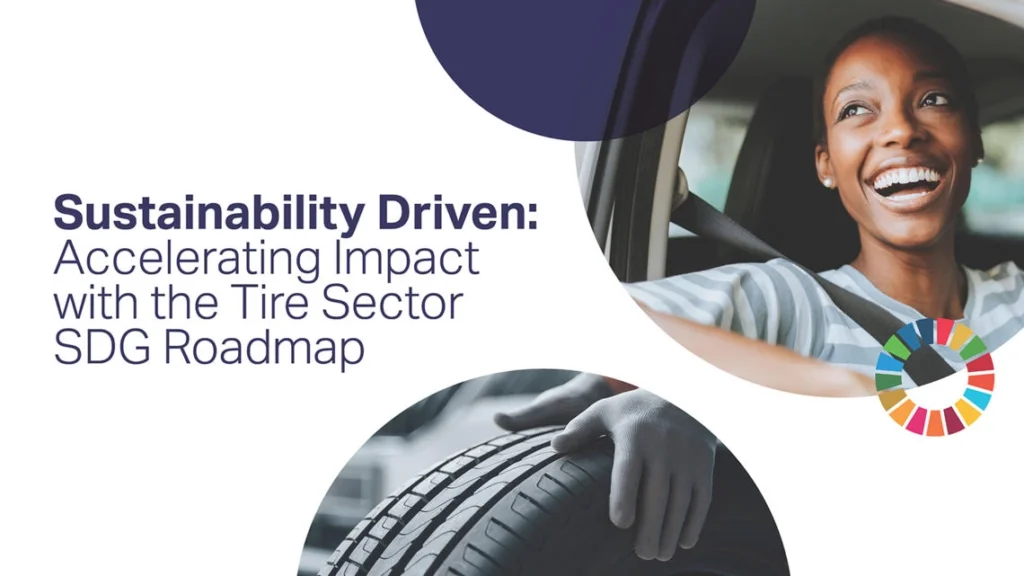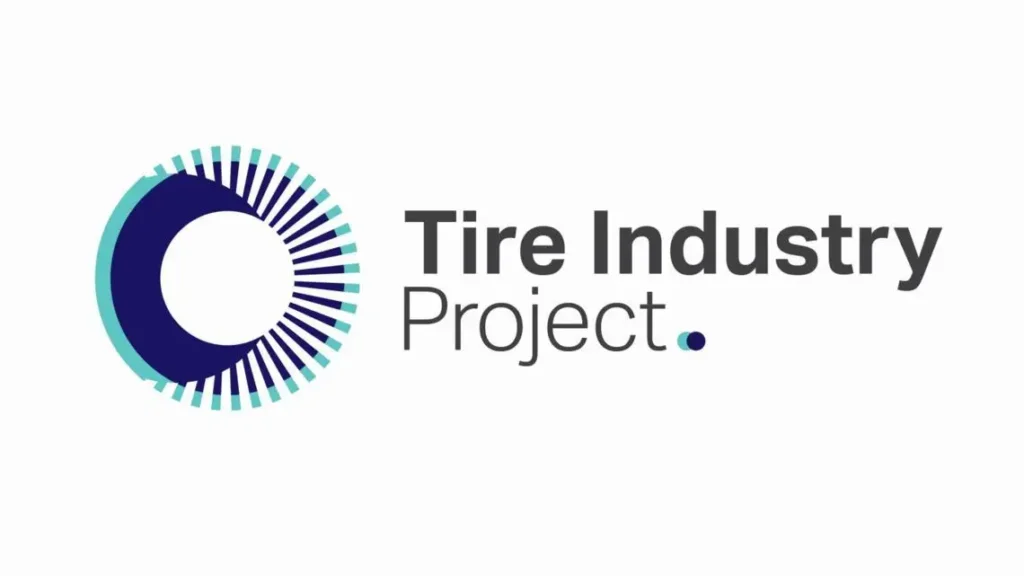Tire company CEOs announce results from an international research project studying the potential environmental and health impacts of tire materials and tire road wear particles.
Chesapeake Bay, Maryland, USA, 12 October 2011 –The research shows:
- There are no adverse effects from inhalation exposures to tire and road wear particles;
- The concentration of tire and road wear particles in air and sediment were well below toxicity levels.
CEOs from eleven of the world’s leading tire companies in Europe, Japan, Korea and North America met outside Washington, DC on October 7 to review the project’s progress and set a forward-looking agenda for continuing research.
The CEOs formed the Tire Industry Project (TIP) in 2005. Working under the umbrella of the World Business Council for Sustainable Development (WBCSD), TIP’s goal is to identify and address the potential health and environmental impacts of materials associated with tire making and use. TIP represents approximately 70% of the world’s tire manufacturing capacity.
After TIP’s creation, a multi-year research program was initiated to examine issues related to materials used in tire manufacturing, and to examine the fate and impacts of tire and road wear particles (TRWP) generated during normal product use. TIP retained ChemRisk, a San Francisco, California based risk assessment consultant, to assist with this work.
Following extensive toxicity testing of TRWP in water and sediment, additional testing on airborne TRWP has now been completed. These tests showed no adverse effects from inhalation exposure to the TRWP. Environmental sampling for TRWP was conducted globally including locations on the Seine River watershed in France; Chesapeake Bay watershed in the United States; and the Yodo River watershed in Japan. The research showed the concentrations of TRWP in air and sediment were low and do not pose a health or environmental risk. Preliminary results will be presented at scientific conferences, with results to be documented and submitted for publication in peer reviewed journals.
At the meeting, the CEOs also approved the development of an industry-specific best-practices guide for the research, development and industrialization of new nanomaterials. The CEOs have high expectations that the development of new nanomanterials in tires will benefit customers and the environment, and understand the need to ensure that any nanomaterial use is safe for humans and the environment. Potential improvements from newnanomaterials include increased car and truck fuel efficiency and durability, and reduced greenhouse gas emissions and tire weight. TIP is exploring the development of this guide in collaboration with the Organization for Economic Co-Operation and Development (OECD). The OECD, based in Paris, is a highly-regarded and influential government organization that works to analyze and compare data to predict future trends as well as set international standards.
TIP has previously published information on international end-of-life tire (ELT) management, and has worked with tire industry associations to develop a manual for effective ELT management systems, released in 2010. This manual, endorsed by the TIP CEOs, is built on experiences in countries and regions where ELT management systems are in place, and has been actively distributed within the TIP companies and through national tire manufacturers’ trade associations. TIP is also actively involved in promoting effective ELT management in countries around the world.
By taking an early look at industry issues, TIP works to more fully understand environmental and health challenges pertinent to the tire industry, and formulate an approach for making the industry more sustainable. Participating companies in alphabetical order are: Bridgestone Corporation, Continental AG, Cooper Tire & Rubber Company, The Goodyear Tire & Rubber Company, Hankook Tire Company, Kumho Tire Company Inc., Group Michelin, Pirelli & C., Sumitomo Rubber Industries, Ltd., Toyo Tire & Rubber Company Ltd., and Yokohama Rubber Co., Ltd. Bridgestone, Goodyear and Michelin have served as co-leaders of the group’s work to date.
Representatives of the tire industry associations in Europe, Japan, Korea, and the United States also attended the meeting and have supported the group in its work.
An independent assurance group, brought together by the WBCSD, regularly reviews the work. Members of the group include Prof. John Spengler, (Harvard University School of Public Health), Dr. Raman Letchumanan (AseanEnvironmental Secretariat), Dr. Meshgan Alawar (Dubai Police Academy Research Institute), Prof. Michel Savy(Paris-Val de Marne University), and Prof. Taketoshi Taniguchi (Central Research Institute of Electric Power Industry [CRIEPI] and University of Tokyo).
Related
Content

Leading tire manufacturers launch sustainability Roadmap
18 May, 2021

Tire CEOs recognize Tire Industry Project sustainability achievements
4 November, 2021

PepsiCo announces 2030 Goal to scale regenerative farming practices across 7 million acres, equivalent to entire agricultural footprint
20 April, 2021

